

Summary Of Key Problems And Community Needs And Aspirations
There are a number of critical issues that must be addressed to achieve the ultimate aim of a competitive private sector that support accelerated growth, particularly based on agriculture. The under listed priorities have been earmarked for intervention based on the pillars of the GPRS II. The District Assembly through series of community interface and meetings identified various community problems and priorities based on the three (3) pillars of the GPRSII.
Vulnerability
The vulnerable and excluded can be described as persons who do not reach their full human potential or cannot contribute effectively to economic growth and sustainable social development including children, unemployed youth, women, persons with disabilities (PWDs) and the elderly.
The district has registered a total of 131 PWD’s with ages ranging from 15 to 60 and 60 plus. The males account for 50.4 % whilst females account for 49.6 % of the entire PWD’s registered. The nature of disabilities includes visual impairment, Lame and Crippled, hearing impairment and loss of feeling. The table below gives the break down of PWD’s in the district.
Out of the total of 131 PWDs in the district only 2% are employed in the formal sector while the remaining 98% employed in the informal sector. The sources of livelihood/economic activities engaged in by these PWDs include, livestock keeping leather works, Petty trading, Farming and soap Making.
On-going activities to improve the living conditions of PWDs in the District include; registration of PWDs, community based rehabilitation (trade training) in leather work, Soap making, petty trading and livestock rearing. The sources of funding for these activities are mainly the District Assembly’s share of the Common Fund (DACF), philanthropists and Non-Governmental Organisations.
The Department of Social Welfare has outlined measures to help address the problems of the PWDs in the District. They include, implementation of disabled sheltered workshop, provision of seed capital to trained PWDs to start businesses such as livestock rearing, petty trading, leather work and soap making.
Date Created : 11/17/2017 1:58:41 AM


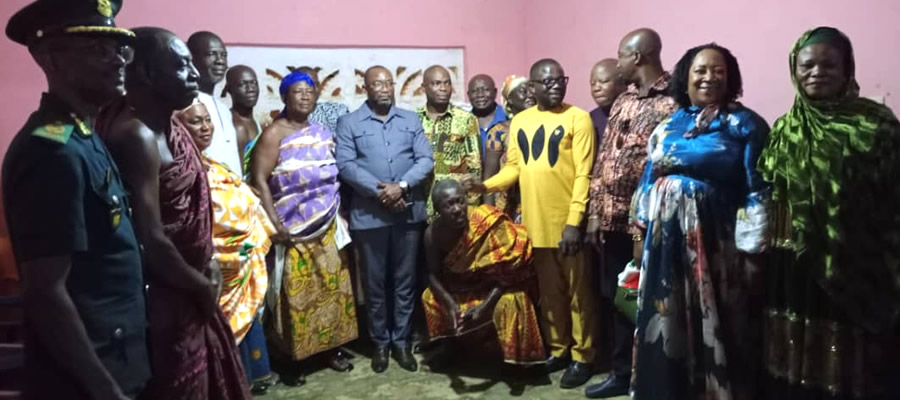

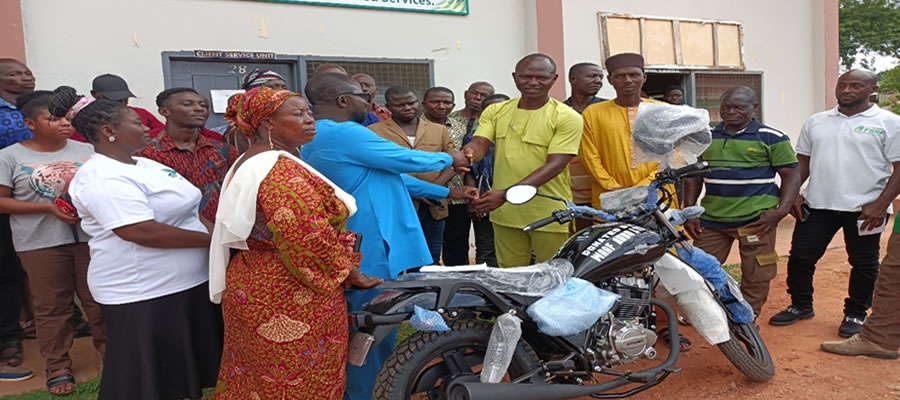
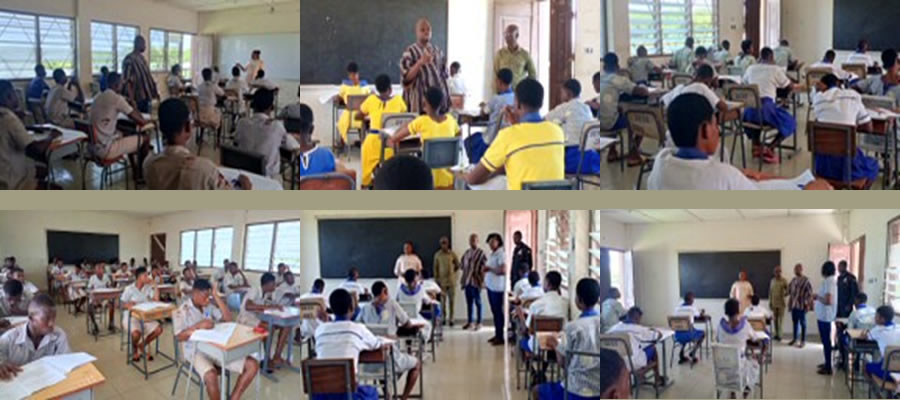
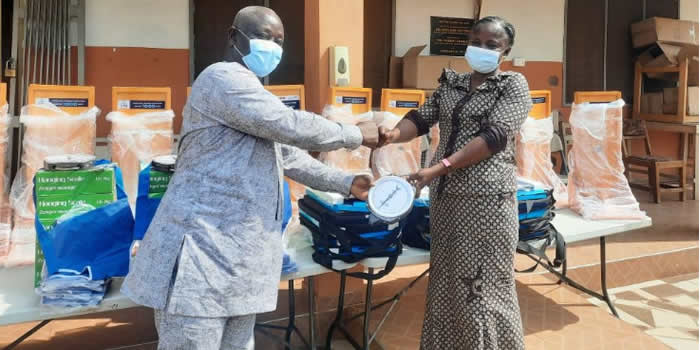
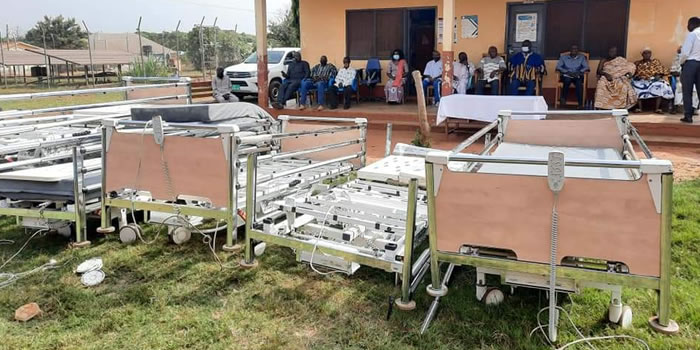
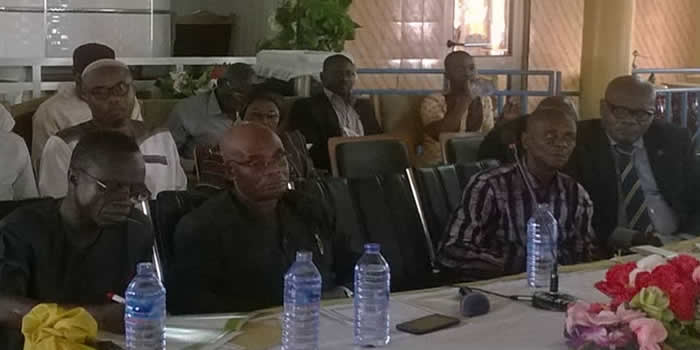


 facebook
facebook
 X
X
 Youtube
Youtube
 instagram
instagram
 +233 593 831 280
+233 593 831 280 0800 430 430
0800 430 430 GPS: GE-231-4383
GPS: GE-231-4383 info@ghanadistricts.com
info@ghanadistricts.com Box GP1044, Accra, Ghana
Box GP1044, Accra, Ghana